The following is a guest post by William Uchtman aka @Thor_2000 on Twitter.
If there is one thing I have noticed about haunted houses, it’s that the typical haunted house shares the same sort of inventory with the next haunted house. One can basically take an inventory of all the usual activity and compare it to the next location. It’s almost as if the hauntings run the same from location to location despite the change in locale. The location may change, the history may vary, but the activity from location to location runs parallel with every other location with very few new examples of activity happening.
The visual evidence includes apparitions, shadows, orbs and the poltergeist activity in the form of doors opening and closing, lights on and off and the manipulation of electrical appliances, such as radios, TVs, kitchen gadgets or whatever. Auditory evidence includes voices and whispers, footsteps, creaking of floorboards and distant music. Olfactory senses have occurred as smells of perfume, cigar smoke, flowers and even urine. Beyond that, any truly unusual activity is exceptional rare.
However, as activity remains the same throughout, the intensity and frequency of location can differ. Consider the following:
Auditoriums, Theaters and Playhouses
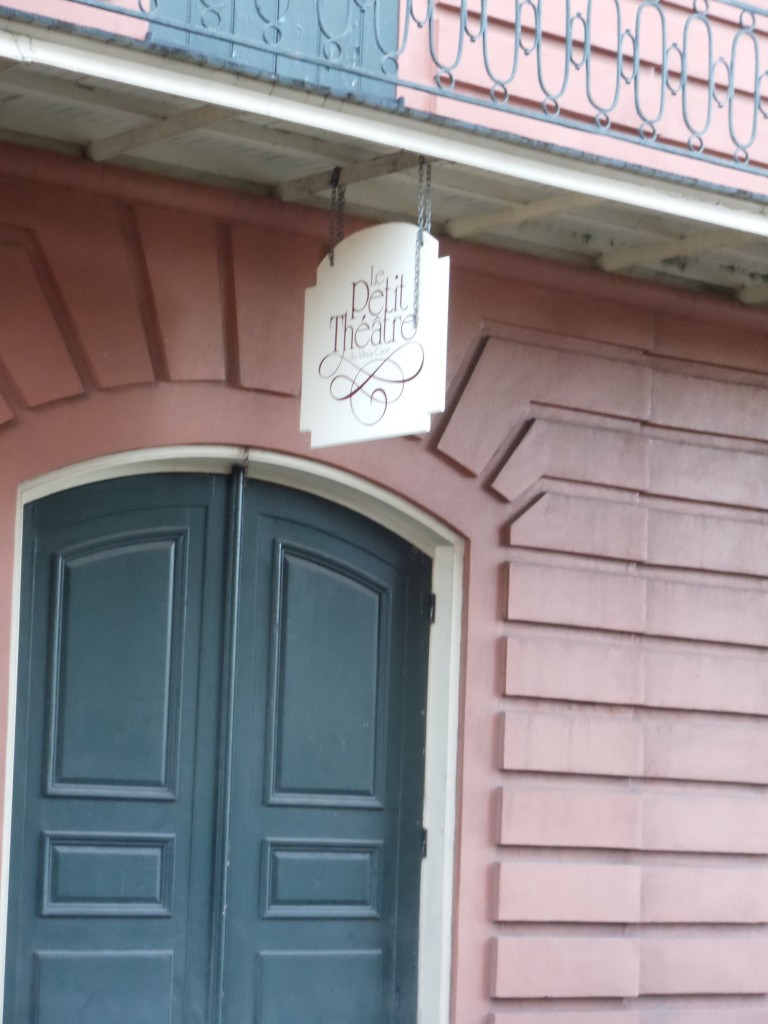
- Apparitions typically involve former employees, particularly actors and actresses
- Like all public locations, the activity ranges with the levels of human interaction with the structure. Activity ranges from figures and shadows to strange lights. Figures appear shadowy. Gray men and gray ladies or common. The most common phenomenon is the “critic spirit,” who appears after productions on the location.
Examples: Guthrie Theater, Springer Opera House, Rialto Theater, Paramount Studios, etc.
Cemeteries, Graveyards and Battlefields
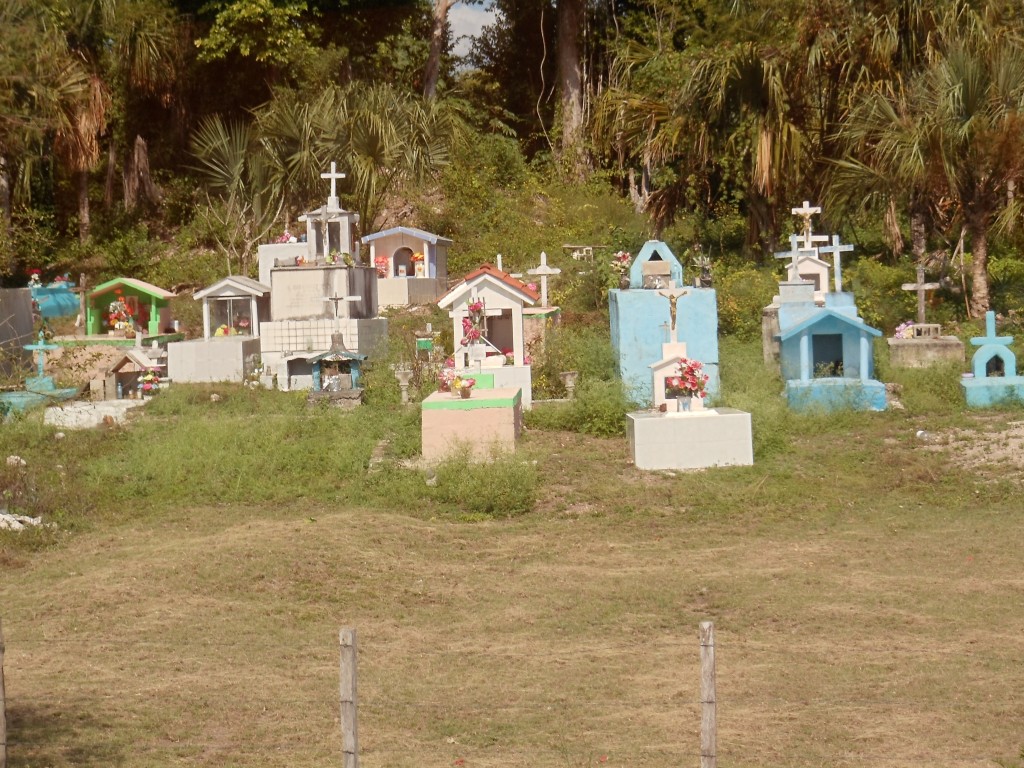
- Locations for the people who are buried there. The resting place is different than the haunted house, because the person haunting it has no ties to the location, except in the case of the battlefields. Ghosts are generally connected to the locations they are connected to in life, but the number of haunted graveyards might suggest they still retain some affection to their earthly remains.
- Activity ranges from ghostly “Ladies in White” or shadowy figures from a distance. Voices are infrequent. No physical manipulation of objects has been recorded. Furthermore, the lack of human activity would not leave enough evidence for a definite haunting, but in the case of battlefields, activity would be confined to place memories.
Examples: Union Cemetery, Stones River Battlefield, Gettysburg National Battlefield, Hollywood Memorial Cemetery, Bachelor’s Grove, Resurrection Cemetery, etc.
Colleges and Universities
- The identities of the spirits usually involve namesake patronages, well-received mentors and teachers and alleged students who took their lives.
- Activity is usually in the boundary of urban legend, but when it does occur is behind the scenes. It never occurs in the presence of witnesses, particularly the moving, concealing and manipulation of objects. Ghosts and apparitions are uncommon but have been reported. Activity most likely used, exaggerated or perpetuated in the hazing of new students.
Examples: Eastern State University, Hood College, Morton College, Manhattan State College, University of Iowa, etc.
High Schools and Grammar Schools
- Apparitions include students killed by a teacher and/or employee (usually not confirmed) and the rumor of the location on the obligatory Native American cemetery. Ghosts of former teachers have also been reported.
- Like universities and colleges, active schools supply enough energy to fuel the activity. Ironically, unlike former hospitals, deserted schools do not have as much activity as their active counterparts. Activity can include sounds more often than spirits. Any ghosts that do appear may appear misty, shadowy or partial. The manipulation of objects, such as things vanishing, moving playground equipment and doors slamming are just as common as sounds.
Examples: Ellis Middle school, Paolo High School, Lourdes High School, Tennessee High School, Old Metz Elementary, etc.
Highway and Roadside Ghosts
- Hitch-hiker ghosts and Lover’s Lane phantoms
- Limited to possible surviving personalities and voices, no potential for physical manipulation of objects.
Example: Resurrection Cemetery
Historical Sites
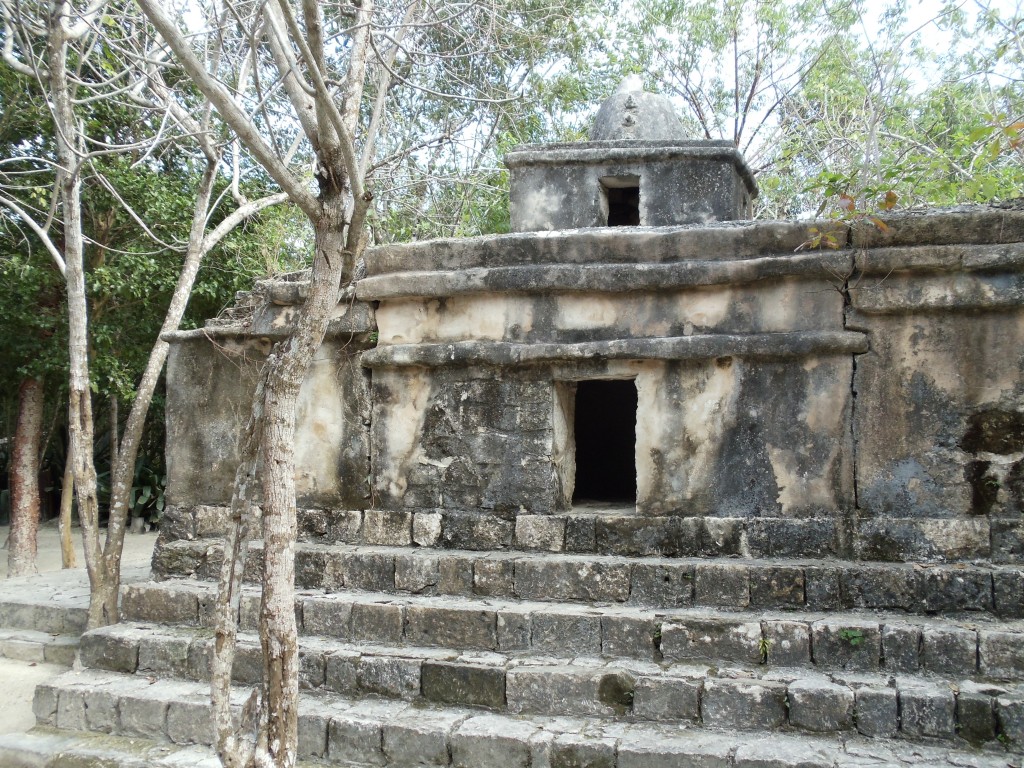
- Ghosts include surviving personages and place memories. Activity related to specific events, such as murders
- Phenomenon similar to libraries and museum, but related to the energies left by the event. Place memories are common, but old murder sites can include ghosts connected to the high emotional charge of energy to the site. Physical manipulation common but infrequent. Cold spots an occurrence. Sounds include voices and screaming. Phenomenon also connected to objects. Activity dependent on level of human activity.
Examples: Wilmington Drum Barracks, Winchester House, The White House, Ford’s Theater, Lizzie Borden House, Luetgert Sausage Factory, etc.
Hospitals and Sanitariums
- The identities of the spirits involve high tolls of life and/or suffering with the occasional lingering nurse or physician
- In active hospitals, spectral nurses and patients happen, and in the case of Civil War Hospitals, long dead patients return. What is usual is that the abandoned structure without human habitation is typically much more virulent with nearly constant activity. One would expect it to happen the other way around. In deserted locations, sinister spirits are believed to exist. Activity involves spirits that appear lifelike or vague, the moving of objects and sounds like screams and doors and objects like wheelchairs being manipulated.
Examples: Danvers Mental Hospital, Swingle Hospital, Pennhurst Asylum, Waverly Hills Hospital, etc.
Hotels, Inns and Bed and Breakfasts
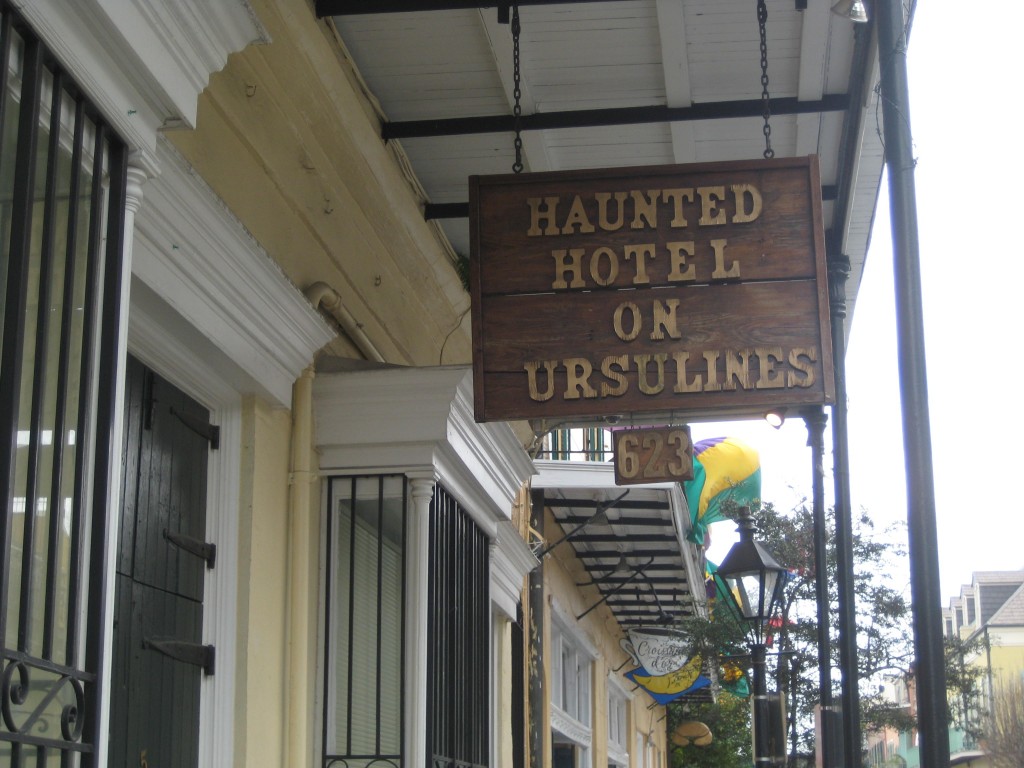
- The identities of the ghosts vary but are usually connected to on-location murders or suicides
- Like all public locations, activity ranges with the frequency of activity. Ghosts range from immaterial to partials. Place memories occur as well. Sounds and disembodied voices are common, but are not as common as the physical manipulation of objects. Witnesses can feel touched. Like hospitals, cold spots common.
Examples: Brookdale Lodge, Miami Biltmore Hotel, The Queen Mary, Captain Lord Mansion, Cloudcroft, Buxton Inn, etc.
Libraries and Museums
- Ghosts include returning patrons, especially former employees
- Activity runs parallel to any place of business, but the smaller clientele causes limited energy and less opportunity and fewer sightings for ghosts. Sounds and manipulation of objects more common, such as books falling off shelves or relics being handled, and voices and whispers. Activity more common at night. Place memories connected to relics and artifacts.
Examples: Willard Library, Margaret Grundy Memorial Library, Cyrenius Booth Library, Warswaw Public Library, Belding Library, etc.
Prisons and Jails
- Apparitions include surviving personalities perhaps “bound” by the energies of place memories included
- Like deserted hospitals, the locations involved embedded energies from the suffering or violence of the deceased. Activity includes sounds of both human voices and moving doors and manipulation of physical objects. Negative energies sometimes reported.
Examples: Alcatraz, Eastern State Penitentiary, Old Tennessee State Prison, Old Joliet Prison, Old Newgate Prison, etc.
Private Residences

- Ghosts include the spirits of former tenants – usually builders or family members who died after a period of illness, not necessarily on the location.
- Unlike public locations, the ghosts are tied to the property or a physical object on location. For this reason, surviving personalities as well as place memories occur side by side. Their personalities are often friendly and nurturing. The activity is frequently connected to the habits of the person in life, such as cooking or smoking or even the scent of perfume. The spirits vary from full-figured apparitions to foggy and misty shadows.
Examples: Beaty Castle, Whaley House, Cragfont, Haw Branch Plantation, O’Hare Mansion, etc.
Restaurants, Bars and Taverns including Places of Business
- Activity usually connected to a returning patron or employee or a particular event in the structure’s history, particularly Prohibition
- Sounds in the form of voices and whispers and the manipulation of objects are much more common than ghosts and apparitions. Like all public places, the hauntings are powered by the energies of the living, which frequent the location. When apparitions do occur, they appear human-like, but shadowy, like a faded image. Manipulation of objects (shaking of glasses or dishes, lights and doors) is more common.
Tavern Examples: Moss Beach Distillery, Finnegan’s Wake, Finley Bar And grill, White Eagle Saloon, Bobby Mackey’s Music World, etc.
Business Examples: Old Time Tatu, Toys R Us Sunnyvale, Anytime Fitness, etc.
William C. Uchtman has spent much of life listing haunted locales from across the world. He is the author of “Volunteer Ghosts,” a book dedicated to listing obscure haunted houses in Tennessee. He is also the creator of the Collinsport Ghost Society website (The Collinsport Ghost Society http://www.angelfire.com/tv2/collinwood/collinsport_ghost_society2.html), a fictional ghost society for fictional haunted locations from television and the movies.
He also maintains or is affiliated with the following websites:
* The Nitpicker Society for Dark Shadows http://collinwood.zoomshare.com
* The Official Guide to the Mythological Universe http://www.angelfire.com/planet/mythguide/mythguide.html
* Unsolved Mysteries Wikia http://unsolvedmysteries.wikia.com
* The Our Gang Wikia http://ourgang.wikia.com
* The Marvel Appendix http://www.marvunapp.com/Appendix
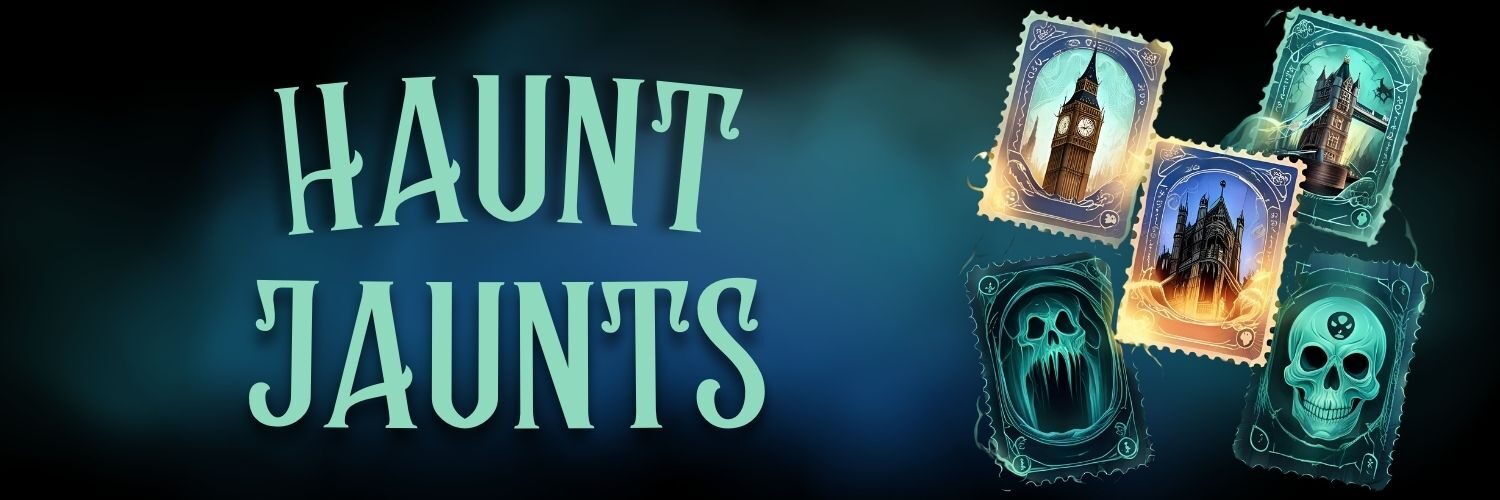
I agree with you. Everybody know that, in graveyards all are in same position even though they are rich or poor. It is not a matter.